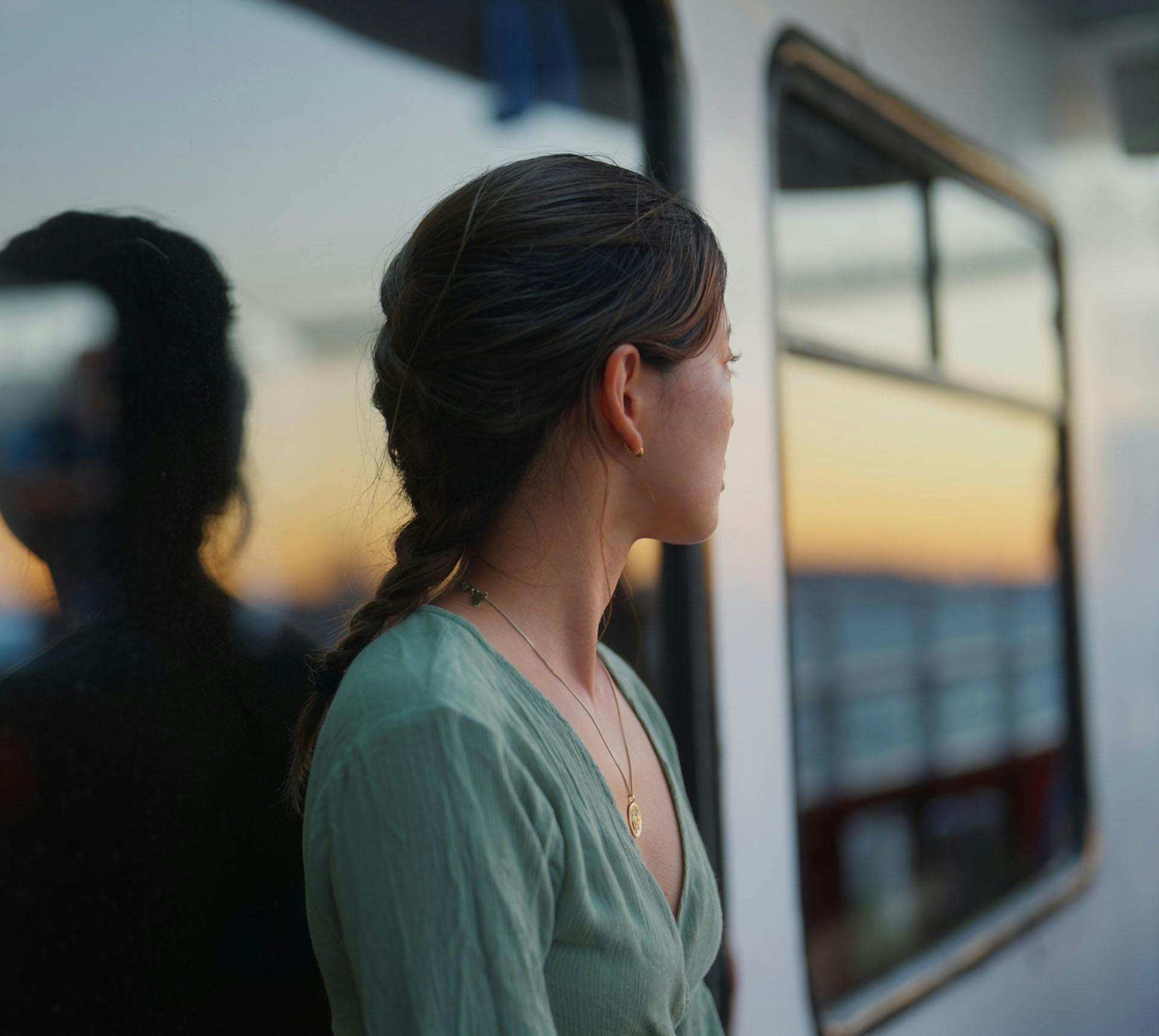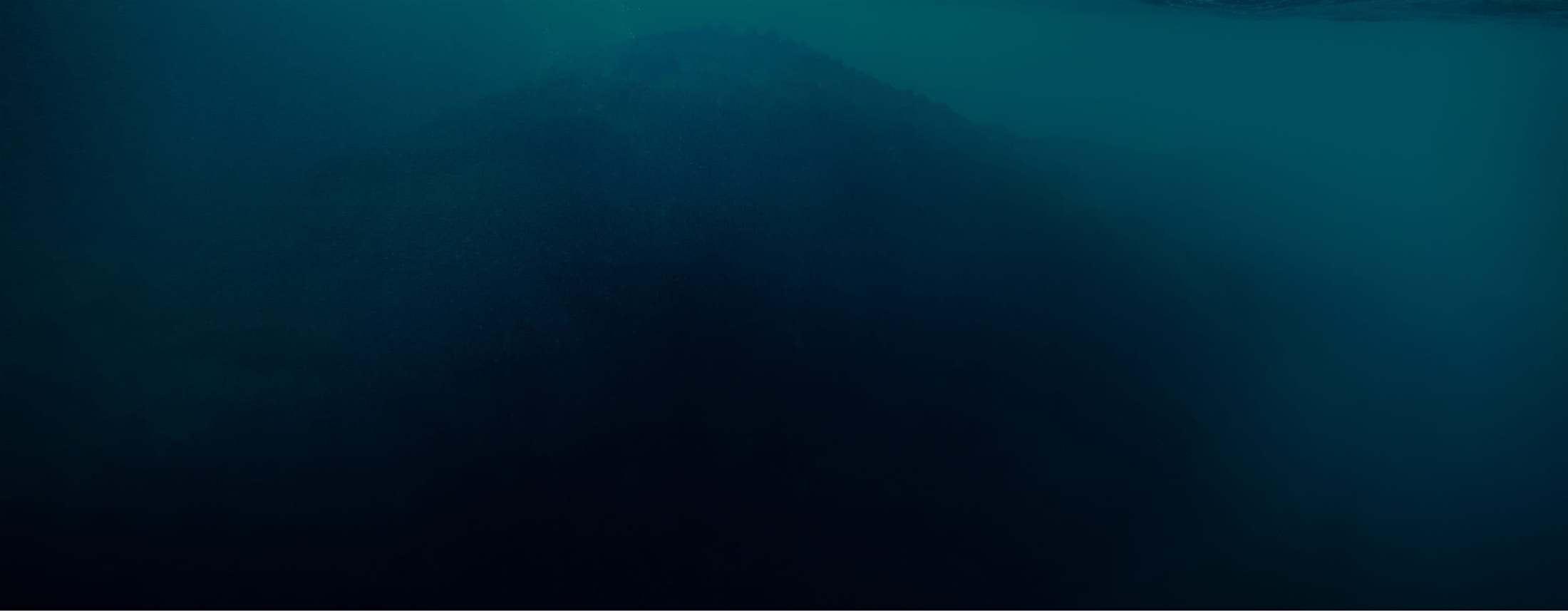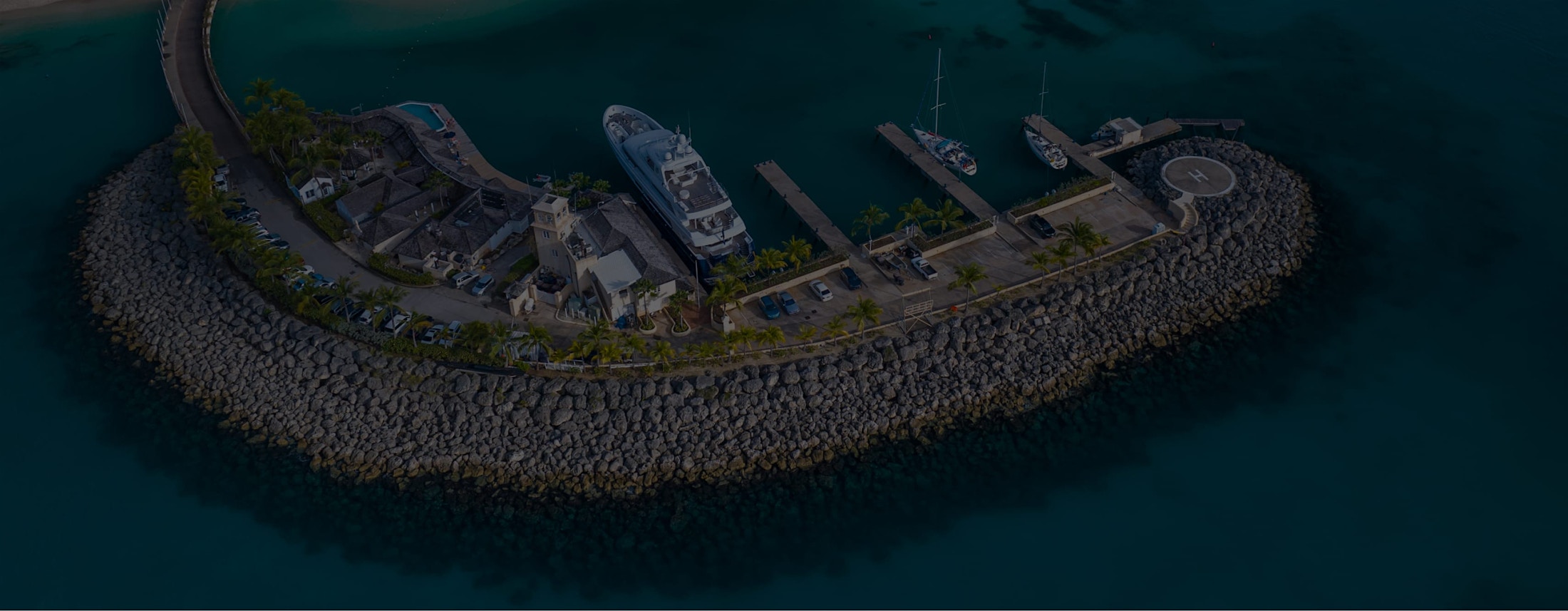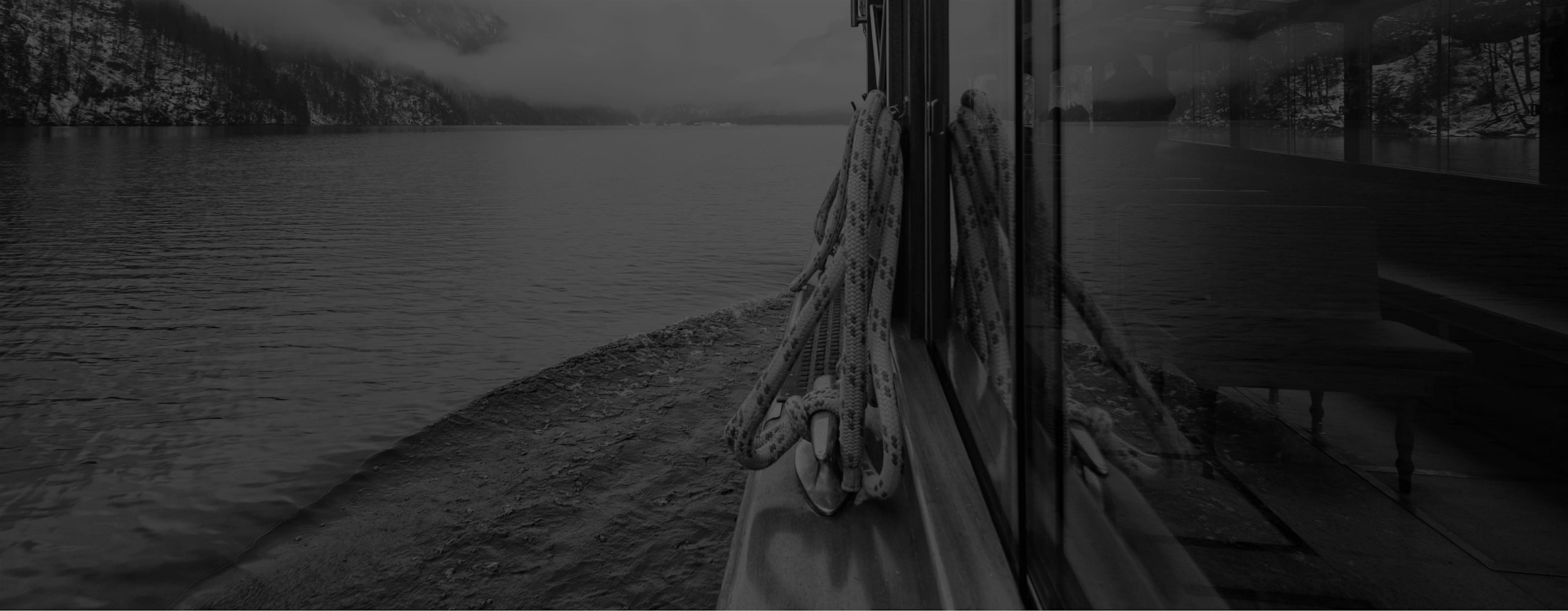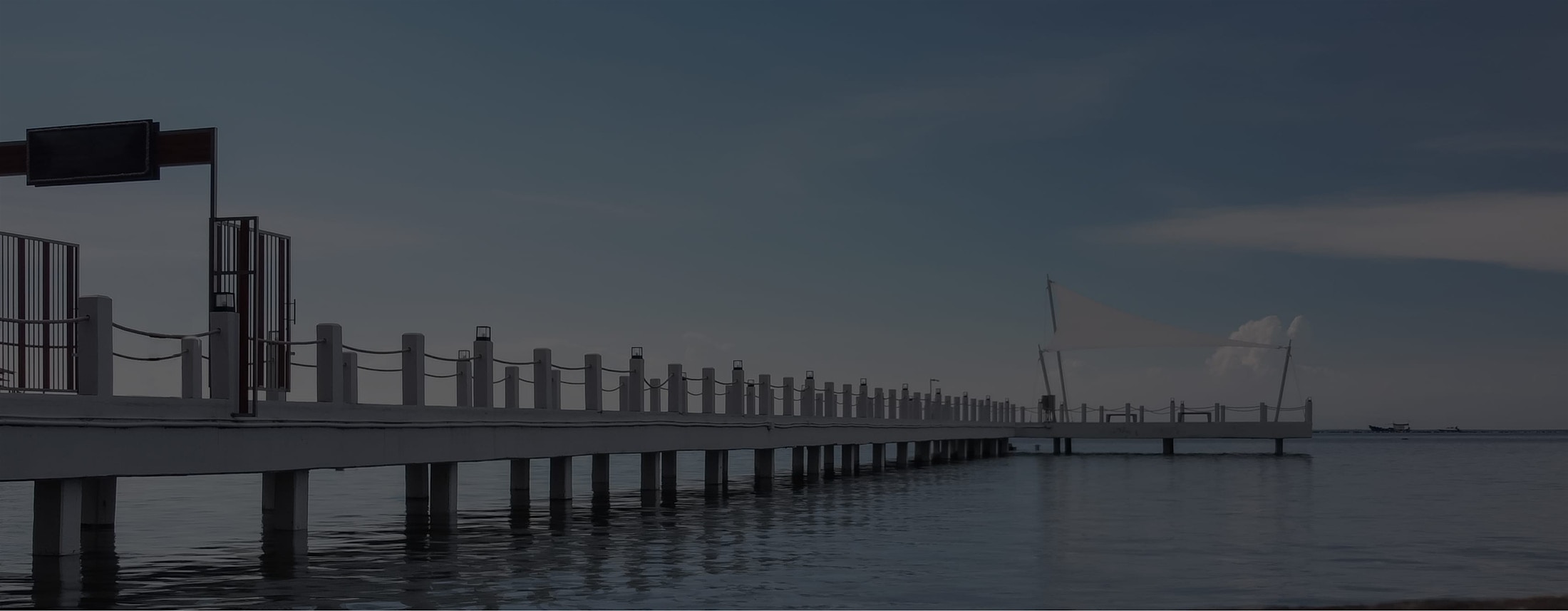Creating Law to Protect Cruise Passengers From Rape and Sexual Assault Crimes
Brais Law Firm’s cruise ship rape lawyers and Miami cruise ship rape lawyers are not only Board Certified Maritime Attorneys but have helped shape law to protect cruise passengers from shipboard sex crimes in the leading opinion of Doe v. NCL (Bahamas) Ltd., 2012 U.S. Dist. LEXIS 162651 (S.D. Fla. 2012)(wherein a Federal Court for the first time recognized a cruise line’s duty to warn passengers of the risk of shipboard rapes and sexual assaults). See, discussion of opinion on the firm’s blog. Most often cruise passengers are victims of rape and sexual assault by either a crewmember or fellow passenger. The law regarding each type of crime is different.

